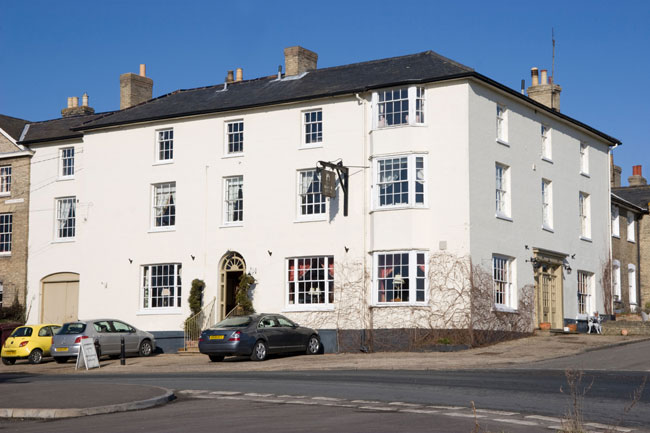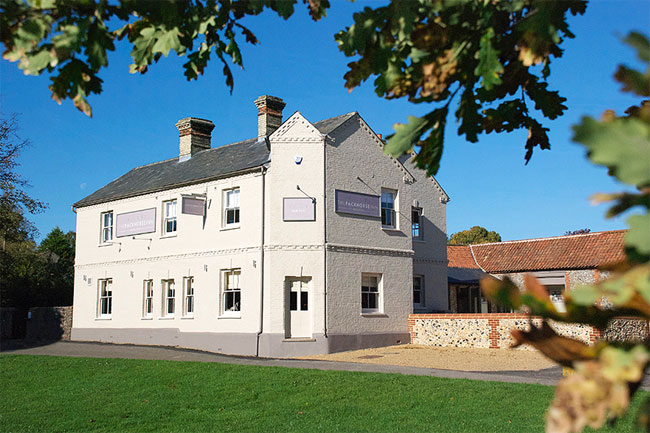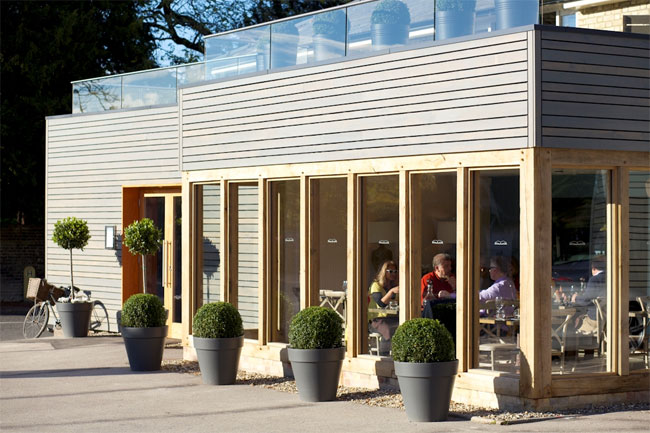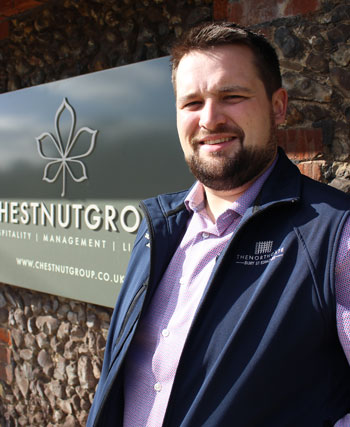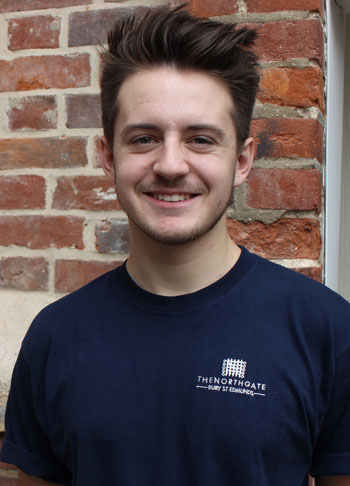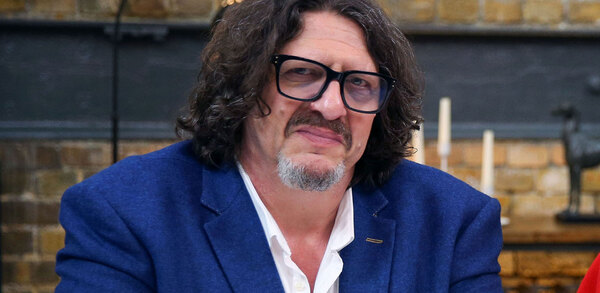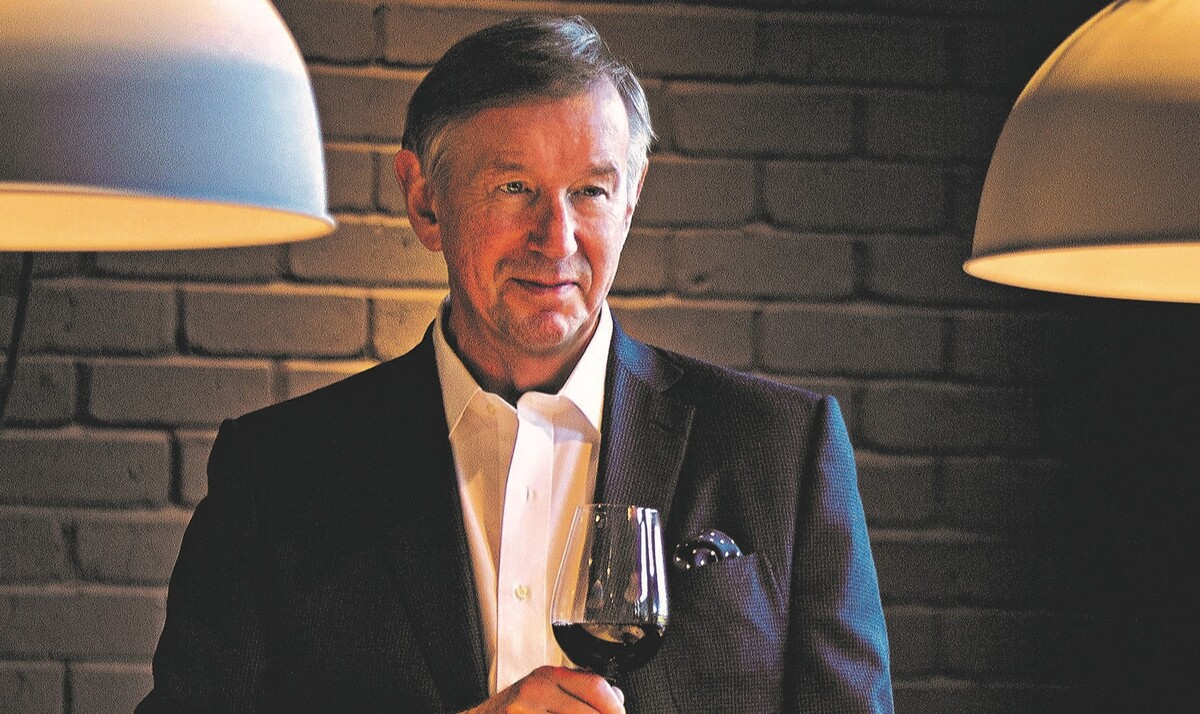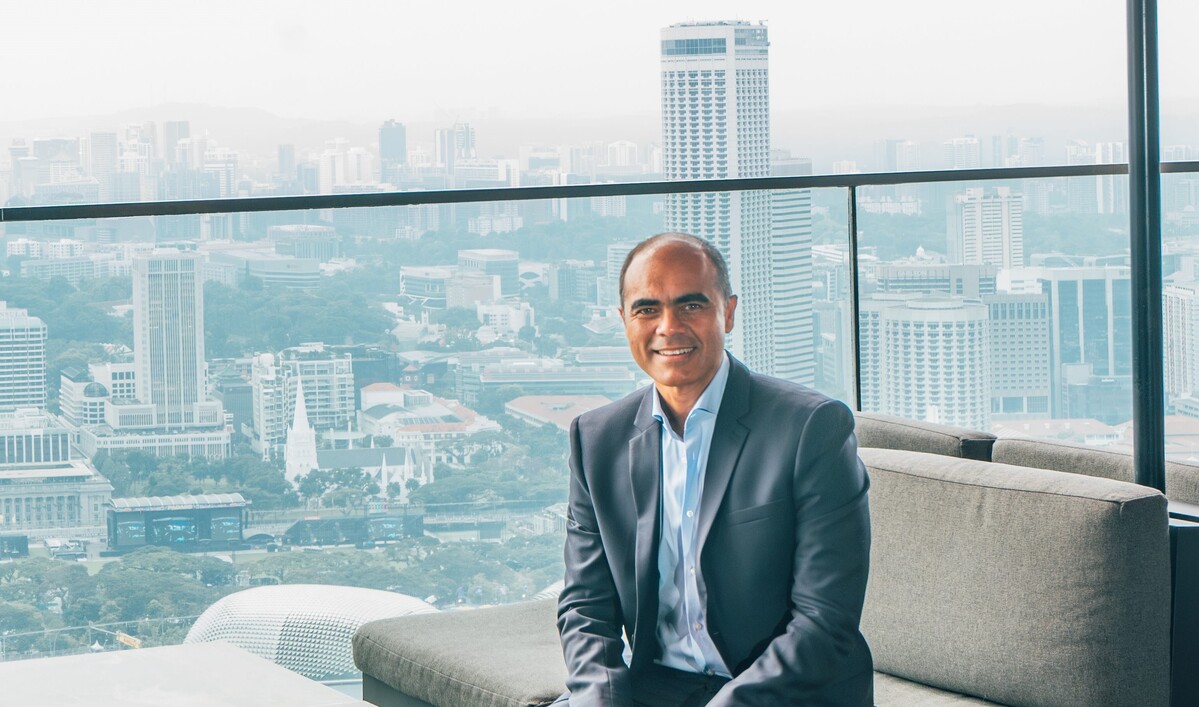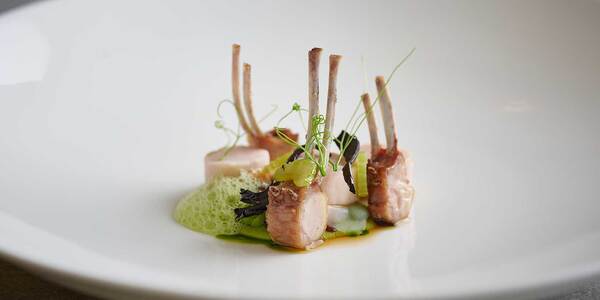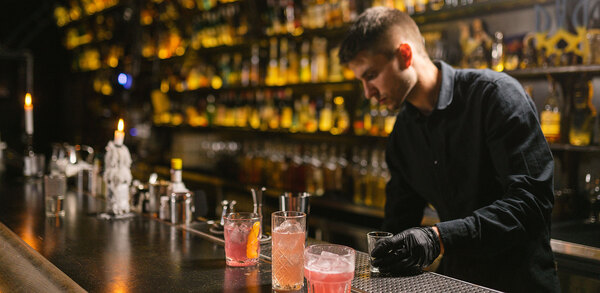Business profile: the Chestnut Group
By snapping up underperforming businesses in East Anglia and bringing in investment, the Chestnut Group has built a multifarious brand in just five years, as its founder Philip Turner explains to Tessa Allingham
The Suffolk village of Long Melford swoons with pastel-prettiness. Its picture-perfect cottages line the slope from the green up to the magnificent 15th-century wool church as if on permanent photographic standby. Tourists, full of Lovejoy fantasies, can't get enough.
The Black Lion
The Black Lion is the Chestnut Groupâs sixth property, and is receiving the full force of owner Philip Turnerâs attention. He pours out his vision at hyper-caffeinated pace: he wants the Black Lion to be at the heart of the community,
but also a draw for local businesses and visitors, for dogs to be as welcome as their owners, and its spaces to be relaxed and comfortable.
The food â" pitched at a slightly lower price than at the groupâs first property, the Packhorse Inn near Newmarket â" will be âgood modern Britishâ, while Amanda Turnerâs eye is behind every interior detail. Philip and his wife have repurposed items, picked up pieces from antique shops rather than going to conventional interior suppliers as they did for the Northgate in Bury St Edmunds. In time, 10 spacious bedrooms will have beautiful views towards the stately home of Melford Hall. âI want to do this place bit by bit, grow the look organically,â he says. âIâve learned this much: things donât have to be perfect from day one.â
Miss the boat is something Turner is unlikely to ever do. Which is why, five years ago, sniffing the breeze of East Anglian opportunity (improving transport infrastructure, the dynamism of the tech and science businesses around Cambridge, and the appeal of the region to east Londonâs affluent young population seeking work-life balance), he ditched a punishing commute between Suffolk and a high-flying City job as global head of structuring at Royal Bank of Scotland to buy his flagging local pub and a âpassion projectâ. He plugged into the government-backed Enterprise Initiative Scheme (EIS) to raise £600,000 from private investors, finally relaunching the pub as the Packhorse Inn in Moulton, food-led and with eight glamorous bedrooms, in autumn 2013.
Subsequent equity raises to the tune of £7.5m (80% from high net worth individuals and 20% via wealth management firms with private clients) have enabled growth, mainly through the acquisition of freehold properties, the target being hospitality businesses that have been under-delivering because of low capital investment but that have the potential to fit Turnerâs brand (he uses the word comfortably, but spurns the chain word). In its third year of trading, the Chestnut Group turned over a respectable £5m, twice its year-two turnover and £1m over forecast. Turner is vague about his exact stake in the business, but admits it is between a third and a half of the overall value.
âFive years ago I remember thinking, how difficult can it be to run a pub? Now I know, and Iâm learning all the time. The excitement I feel now far outstrips any excitement I felt in banking. In the City youâd have to go through 55 people to get anything approved. In hospitality, you can make things happen fast.â
Acquisition spree
Indeed, the door had barely closed on the Packhorse opening party than Turner completed on the £700,000 purchase of the Rupert Brooke in Grantchester. He then negotiated a management arrangement with the owners of the White Horse pub in the Suffolk village of Easton, near Framlingham, using cashflow to fund a refurbishment, before buying the Blackbirds Inn, Woodditton for just over £500,000, reopening it as a family-friendly country pub. The Northgate, a boutique hotel, bar and restaurant in Bury St Edmunds (âI want a Soho House feel, but without the membershipâ), is a far bigger project, which opened in November 2016.
Likewise, when the Rupert Brooke failed to take off as a Packhorse-like smart pub, he reinvented it as a brasserie, targeted corporate customers nearby, and differentiated it from local rivals.
And when market research by local A-level business studies students revealed that the overriding perception of the Northgate was of somewhere âpretentious, snobby, expensiveâ, he dusted himself down and tweaked details.
âI was devastated by that, of course,â he admits, âbut I come back to what Robin Hutson says, that the key is getting lots of little things right: maybe itâs the way you greet a customer, or how you phrase things. I wonât let my people âtake an orderâ â" thatâs aggressive; we ask what theyâd like to eat. Iâm selling an experience, the whole F&B package.â
The food part of that package is vital. Dissecting menus with his newly appointed group food manager, Phil Skinner, formerly head chef at the Packhorse and then the Northgate, he worked out that 25% of the customer base eat just four of the dishes â" steak, fish and chips, chilli squid and fishcakes. âWeâd be mad to screw them up, let alone take them off the menu,â he says. He talks of âoptimisingâ them (and of buying centrally as a way of mitigating rising food prices) â" some City ways die hard.
Fortnightly internal updates are delivered by video, and engagement has gone from zilch for conventional newsletters to âoff the clockâ.
There is an internal WhatsApp group, while the dynamic communication is being applied elsewhere.
âWhatâs the point of posting a photo of a menu, or a static recruitment message? Far better to film the chef making a dish,â he says. Everything ultimately tracks back to the 140 individuals that make up the Chestnut Group workforce. âYou can spend all the money you like on a kitchen or interior, but if you havenât got the right team and team spirit, then everything will be lost in translation.â
As well as launching the Chestnut Hospitality Academy (see panel on previous page), Turner has introduced whole-team job swaps to foster camaraderie. He has proposed the distribution of 10% of the shareholder equity among team members (from kitchen porter up, and based on tenure of employment) to encourage loyalty.
In return, he promises a career path. âBut theyâre different these days, the 22- and 23-year olds,â he says. âWhen I was that age I was like a Jack Russell, I wanted to work hard and earn. Now, young people put work-life balance as a top priority.â He shrugs as if to say he doesnât get it. âWe have to work with the way young people are because they are our future. Iâm trying all the time to understand what motivates them, how to light their fire.â
In a perhaps unguarded moment earlier this year, Turner declared his ambition to have 10 Chestnut sites by the end of 2018. He has tempered that goal (although heâs âalways lookingâ) in favour of boosting turnover by 15% by raising footfall, upping spend per head âand just being better at what we doâ.
But what about in five years or so, when shareholders might expect a liquidity event? He talks of raising turnover by at least 40% in that time frame, with maybe two or three more properties. âEverything boils down to return on investment,â he says, City brain engaged. âIâm the one most financially at risk, but Iâm hugely aware of my responsibility to investors. Weâre becoming better operators, but in five years, maybe weâll have to decide whether to continue through acquisition or grow organically. The existing business requires an awful lot of personal effort…â Itâs the first time he hints at an exit strategy, but doesnât linger on the topic.
For now, he fizzes with enthusiasm. âThe moment I donât feel my stomach wrenching at a negative comment, Iâll stop doing this. Weâre young, we still have a lot to learn, we are far from perfect. But Iâm committed financially, and Iâm committed emotionally.â
Chestnut Hospitality Academy: the manager makerÂ
Tommy Lawrence, just 20, is the sort of bright young recruit hospitality businesses dream of.
One of seven on the two-year Chestnut Hospitality Academy course, he works a mix of straight and split shifts five days a week, and is paid âwell in excess of the minimum wageâ.
Lawrence is part of the student team that delivered the damning local verdict on the Northgate, and deferred a university place to join the Chestnut Hospital Academy programme. If he completes it successfully, he is guaranteed a management position and will gain several recognised qualifications such as food hygiene level 2 and the award for personal licence holders (APLH).
âI am staggered by the staff churn in this industry,â says Turner, âand with Brexit it will only get harder to find people. I donât think we will be as affected as the bigger national chains because we recruit locally, but I want to invest in people and offer a career.â Just 5% of Chestnut staff are non-British, compared with the national average of 75% of waiters, 25% of chefs and 37% of housekeeping staff, according to British Hospitality Association figures.
Set up in 2015 and overseen by Sophie Worne (group training and personal development manager), the Academy costs the Chestnut Group over £140,000 in salaries and administration. Mentored by departmental managers, students spend six months in the restaurant, kitchen and bar, five months with housekeeping, and a month at head office.
The first half-dozen: Chestnut Groupâs portfolio
Group annual turnover (to April 2017) £5m
Key personnel Philip Turner (founder), David Minchin (finance director) and Steve Smith (group manager)
The Packhorse Inn, Moulton, Suffolk
Format Pub-restaurant with rooms
Opened Autumn 2013
Land Freehold
Pre-opening budget £750,000
Covers 76
Average spend per head £37
Split Dry 55%, wet 30%, rooms 15%
Bedrooms 8
Rate £100-£200
Average occupancy 85%
Staff 24 (65% front of house, 20% kitchen, 15% housekeeping)
The Rupert Brooke, Grantchester, Cambridgeshire
Format Brasserie
Opened Autumn 2014
Land Freehold
Pre-opening budget £400,000
Covers 110
Average spend per head £29
Split Dry 65%, wet 35%
Staff 18 (70% front of house, 30% kitchen)
The Northgate, Bury St Edmunds, Suffolk
Format Boutique hotel, bar, restaurant
Opened Autumn 2016
Land Freehold
Pre-opening budget £900,000
Bedrooms 10
Rate £100-£250
Average occupancy 82%
Covers 70
Average spend per head £32
Split Dry 55%, wet 30%, rooms 15%
Staff 24 (65% front of house, 20% kitchen, 15% housekeeping)
The Blackbirds Inn, Woodditton, Cambridgeshire
Format Pub with rooms
Opened Spring 2017
Land Freehold
Pre-opening budget £125,000 (further £400,000 available to build accommodation)
Bedrooms Nine under construction
Rate £90-£150
Covers 68
Average spend per head £27
Split Dry 60%, wet 40%
Staff 15 (70% front of house, 30% kitchen)
The White Horse, Easton, Suffolk
Format Pub
Opened Summer 2016
Land 25-year leasehold
Pre-opening budget £180,000
Covers 68
Average spend per head £25
Split Dry 60%, wet 40%
Staff 15 (70% front of house, 30% kitchen)
The Black Lion, Long Melford, Suffolk
Format Hotel, bar and restaurant
Opened November 2017
Land Freehold
Pre-opening budget £300,000
Bedrooms 10
Rate £90-£175
Covers 68
Staff 20 (65% front of house, 20% kitchen, 15% housekeeping)


